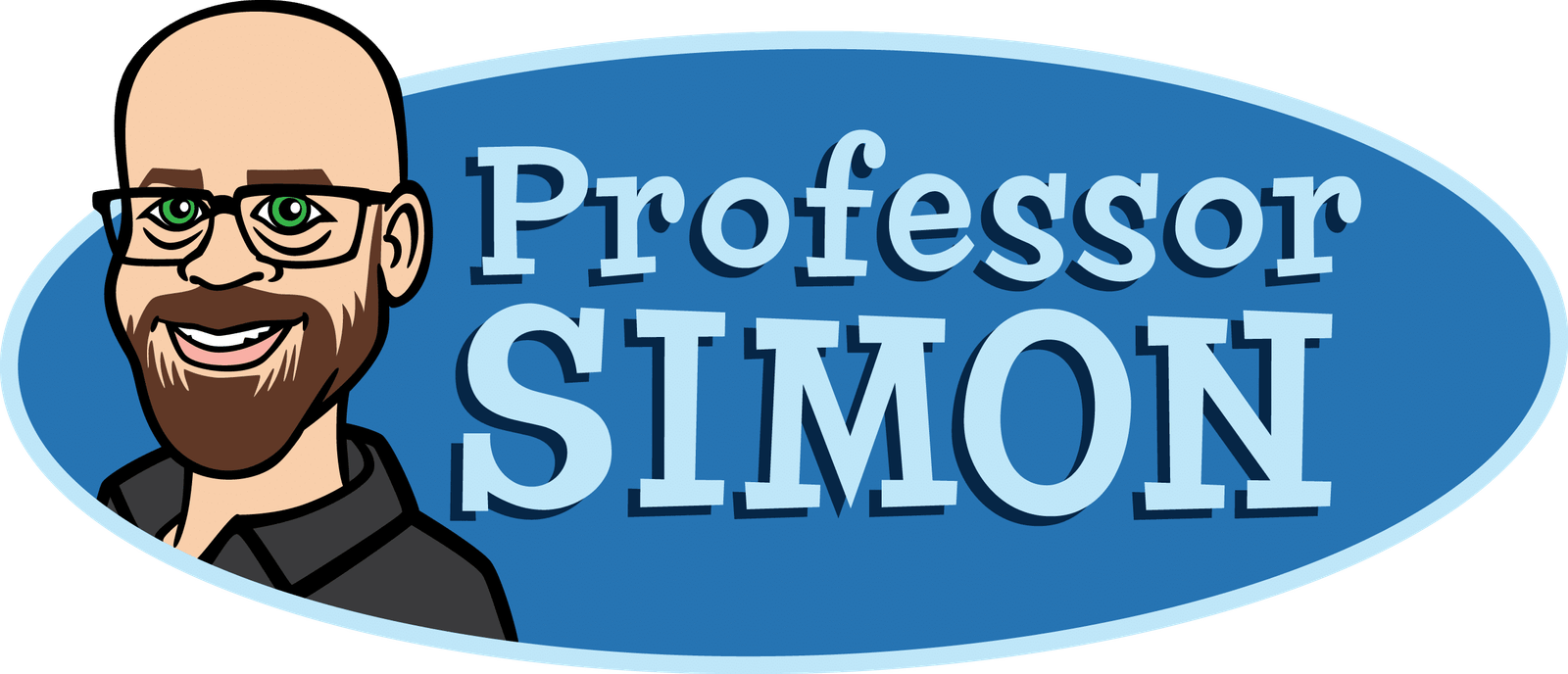Nobody forgets their first tech interview. I definitely haven’t. It didn’t go well. In fact, it went about as bad as it could have gone. Looking back, I understand why it went wrong. But in the moment, all I felt was embarrassment, frustration, and a little bit of regret.
If you’ve never failed a tech interview, your time is probably coming. It happens to almost everyone. The good news is you can either feel bad about it or you can use it as fuel. I chose the second option, but only after learning some hard lessons.
Here’s what happened, what I did wrong, and how you can avoid the mistakes I made.
I Overestimated What an Interview Really Tests
I thought the interview was just going to test what I knew. I assumed I would be asked straightforward questions about technology I studied. I thought if I had memorized terms, definitions, and processes, I would be fine.
The reality was very different. The interviewer asked me to describe how I would troubleshoot real scenarios. They gave me vague, open-ended situations and wanted to see how I thought through them.
They weren’t looking for textbook answers. They were looking for my approach, my logic, and how I handled not knowing every detail.
That caught me off guard.
I Talked Too Fast and Said Too Little
Nerves will do weird things to you. I sat there, heart pounding, trying to answer questions as quickly as possible. I thought fast answers showed confidence.
Instead, I rushed through ideas without context. I skipped steps. I didn’t ask enough clarifying questions. I didn’t take time to think before speaking.
I answered questions too early when I should have paused to process them fully.
I Tried to Pretend I Knew What I Didn’t
This was probably my biggest mistake.
At one point, the interviewer asked me about a technology I had barely touched. Instead of admitting that I didn’t know, I tried to bluff my way through a vague answer.
Big mistake.
Interviewers can spot this instantly. It tells them you may hide mistakes on the job instead of asking for help.
It’s far better to say, “I haven’t worked with that directly, but here’s how I would approach learning it” than to fake knowledge.
That moment likely cost me the offer.
I Didn’t Prepare Real Stories
I didn’t realize how important personal stories were in interviews. I thought the interview was just about right or wrong answers.
When they asked, “Tell me about a time you solved a hard problem,” I froze. I scrambled to think of something. I gave a weak answer about a school project without any detail.
What they really wanted was a story that showed me facing a challenge, struggling, learning, and succeeding.
Stories make you memorable. I was forgettable.
I Focused Too Much on Technical Skills Alone
I thought my resume spoke for itself. I had some certifications, some lab work, and good grades. I assumed that would carry me.
What I didn’t understand was they were testing more than skills. They wanted to see communication, collaboration, curiosity, and how I handled pressure.
Technical skills got me the interview. Soft skills would have gotten me the job.
What I Did After Failing
Walking out of that interview, I knew I blew it. But I also knew I didn’t want to feel that way again.
So I changed my approach completely.
- I practiced mock interviews with friends
- I recorded myself answering common questions
- I built a list of real stories from my projects
- I studied how to explain technical ideas in simple terms
- I learned to pause, think, and then answer
- I asked for feedback whenever I could
Failure taught me more than success ever would have.
What You Can Learn from My Mistake
Your first tech interview probably won’t be perfect. But it doesn’t have to wreck your confidence either.
Here’s what I learned that might help you:
- Be honest about what you know and don’t know
- Ask clarifying questions before answering
- Practice telling stories about your work
- Slow down when answering
- Focus on your thought process, not just facts
- Remember they’re hiring a person, not a machine
Preparation Beats Perfection
Interviews reward preparation, not perfection. Nobody expects you to know everything. But they want to see how you learn, how you think, and how you handle being outside your comfort zone.
That means practicing how you talk about yourself. It means understanding common interview formats—like behavioral questions, technical scenarios, or live troubleshooting exercises.
Preparation gives you confidence. And confidence lets you be your real self.
Feedback is Your Friend
After failing, I emailed the interviewer to thank them for their time. I asked if they had any feedback for me.
To my surprise, they replied. They told me I had a solid foundation but needed to slow down, ask more questions, and avoid guessing when unsure.
It was humbling, but incredibly valuable.
Always ask for feedback. Worst case, you don’t get a reply. Best case, you get insight that helps you improve faster.
Every Interview is Practice for the Next One
Interviewing is a skill like any other. The more you do it, the better you get.
Failing doesn’t mean you’re not good enough. It means you’re learning what real interviews require. It means you’re facing challenges that books and courses can’t fully prepare you for.
Each interview sharpens your skills. Each rejection builds your resilience.
Your Mindset Matters Most
Failing my first tech interview stung. But it didn’t break me. It motivated me.
I realized the gap wasn’t my intelligence. The gap was in preparation, communication, and confidence. Those are all things you can improve.
Don’t let failure define your future. Let it sharpen your focus.
If you walk into your next interview with honesty, clarity, and preparation, you’re already ahead of where I was.
And if you fail? Learn. Adapt. Keep moving.








